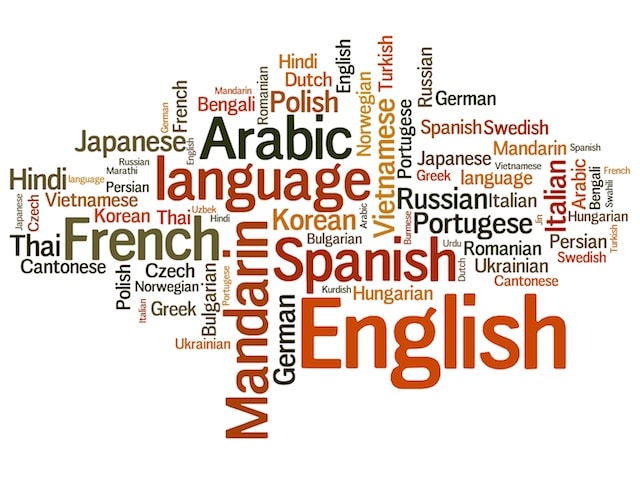GERMAN LANGUAGE
Understanding The German Language & Providing Professional German Interpreters, Translators and Transcriptionists
American Language Services? (AML-Global) understands the importance of working in the German language. For over a Quarter of a Century, American Language Services ?has worked with the German language as well as hundreds of others from around the world. We offer comprehensive language services 24 hours, 7 days a week worldwide by providing German interpreting, translation and transcriptions services along with hundreds of other languages and dialects. Our linguists are native speakers and writers who are screened, credentialed, certified, field tested and experienced in a number of specific industry settings. The German language is unique and has very specific origins and characteristics.
German in Germany
German is spoken in Germany, Austria, Switzerland, Liechtenstein, Luxembourg, and in many other parts of the world such as the Americas and Africa. Since 2006 it has called itself the Land of ideas. German culture began long before the rise of Germany as a nation-state and spanned the entire German-speaking world. From its roots, culture in Germany has been shaped by major intellectual and popular currents in Europe, both religious and secular. As a result, it is difficult to identify a specific German tradition separated from the larger framework of European high culture. Another consequence of these circumstances is the fact that some historical figures, such as Wolfgang Amadeus Mozart, Franz Kafka and Cezan, though not citizens of Germany in the modern sense, must be considered in the context of the German cultural sphere in order to understand their historical situation, work and social relations. Since the 2006 World Cup celebrations the internal and external perception of Germany’s national image has changed. In annually conducted global surveys known as Nation Brands Index, Germany became significantly and repeatedly higher ranked after the tournament. People in 20 different states were asked to assess the country’s reputation in terms of culture, politics, exports, its people and its attractiveness to tourists, immigrants and investments. Germany has been named the world’s most valued nation among 50 countries in 2008.
Origin of the German Language
German is a West Germanic language, thus related to and classified alongside English and Dutch. It is one of the world’s major languages and the most widely spoken mother tongue in the European Union. Around the world, German is spoken by approximately 105 million native speakers and also by about 80 million non-native speakers. Standard German is widely taught in schools, universities, and Goethe Institutes worldwide. The history of the language begins with the High German consonant shift during the migration period, separating Old High German dialects from Old Saxon. German used to be the language of commerce and government in the Habsburg Empire, which encompassed a large area of Central and Eastern Europe. Until the mid-19th century it was essentially the language of townspeople throughout most of the Empire. It indicated that the speaker was a merchant, an urbanite, not their nationality. The increasing use of English in Germany’s higher education system, as well as in business and in popular culture, has led various German academics to state, not necessarily from an entirely negative perspective, that German is a language in decline in its native country.
The Development of German
Most German vocabulary is derived from the Germanic branch of the Indo-European language family, although there are significant minorities of words derived from Latin, and Greek, and a smaller amount from French and most recently English. At the same time, the effectiveness of the German language in forming equivalents for foreign words from its inherited Germanic stem repertory is great. German is written using the Latin alphabet in addition to the 26 standard letters. In general, the short vowels are open and the long vowels are closed. A sizeable fraction of English vocabulary is cognate to German words, although the common ancestry may be somewhat obscured by various shifts in phonetics, meaning and orthography.
Who are You Going to Trust with Your Vital German Language Needs?
The German language is an important language worldwide. It is vital to understand the general nature and specific idiosyncrasies of German. Since 1985, AML-Global has provided outstanding German interpreters, translators and transcriptionsts worldwide.
























